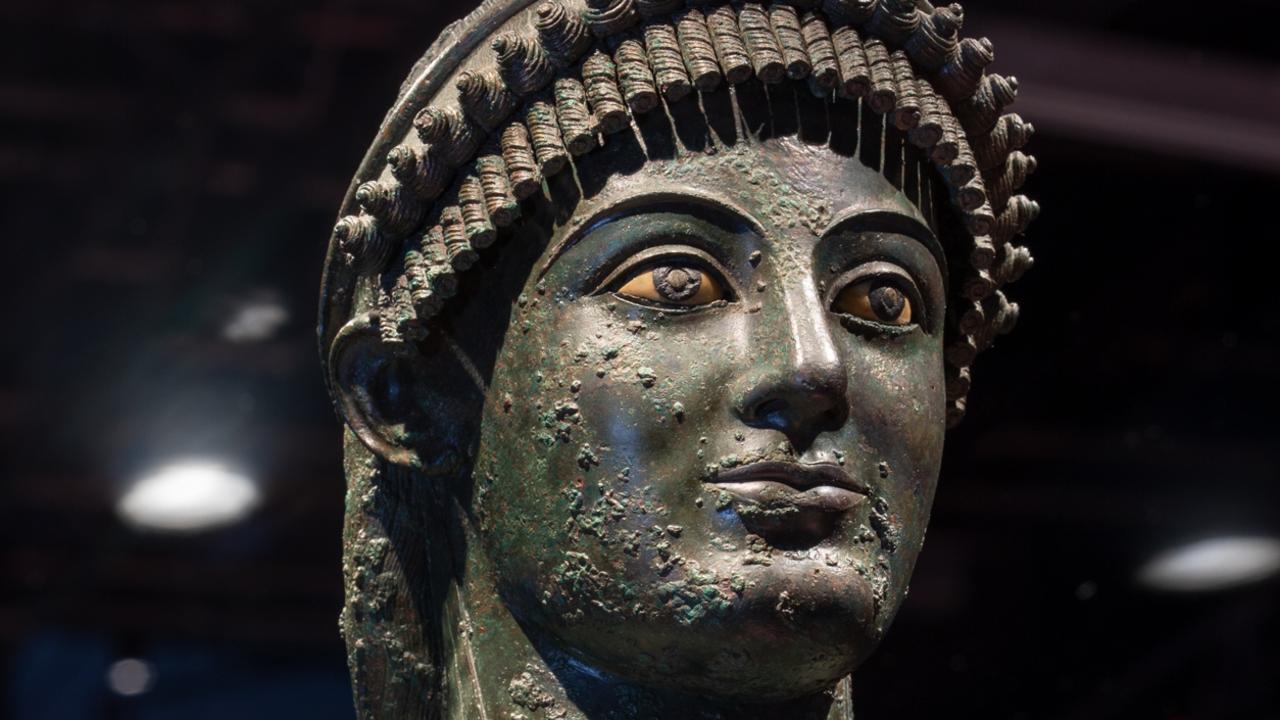
For those unfamiliar with the expression, the essential thing to know about the Right Side of History is that it is the good side of history, the side of the gods. As for everyone else – you know who you are, you know what you’ve done. You’re not just a lost cause but you’re a lousy person, hopelessly out of step with the rest of humanity.
The other thing to know about the Right Side of History is you can’t dodge it. Occasionally, this can be awkward because some of its most ardent advocates can be very nice, well-meaning people – like teal voters without a cause, though much more authoritarian by nature.
The heavy-duty warriors tend to be familiar characters, easy to spot. In politics, the Obamas and Clintons stand unique among the Right Side of History warriors. “My fellow Americans, I am confident we will succeed in this mission because we are on the right side of history,” was a stock-standard Barack Obama line wheeled out on more than a dozen occasions in his big presidential speeches.


Over on planet celebrity, Taylor Swift recently confessed that she “needed to be on the right side of history” when it came to engaging in politics, while our very own Senator Fatima Payman produced a classic of the genre when she wrote earlier this year of the Middle East: “Let historians write of us that we were on the right side of history, that we boldly reinforced international law, and that we were a shining beacon and voice for freedom.”
It’s worth remembering that we survived a near-lethal overdose of the Right Side of History not so long ago, when public debate of the voice descended into an absurd Manichean struggle between saints and sinners, heroes and villains. As it happens, that little pub skirmish I mentioned earlier occurred when I was asked by a group of mates how I’d voted at the referendum. When the reply came “No”, off to Siberia I trod. (Yes, millennial No voters do exist, in case you’re wondering.)
One obvious trap with this kind of thinking is the belief that the Right Side of History is unique to the puritans of our own age. Every depraved despot and potentate worth their salt, at one time or other, has claimed some guiding force, some special insight into an imagined future that seeks to vindicate their odious deeds. In that sense, the Right Side of History is the perfect weapon, perhaps the most dangerous of all.

Still, there’s no getting around one big problem: history doesn’t work this way and, what’s more, it never has. The Right Side of History presupposes a direction, a teleology, in which history moves inexorably towards an endpoint, a synthesis, from which it can reset and go again. Next to Hegel, Marx and the Whig conception of history, modernity is strewn with the corpses of a thousand dead-end theories on the causes of development and progress. In the end, chance, randomness and indeterminacy seem the more likely candidates.
In these febrile times, where the weaponisation of the past and the debasement of language seems virtually universal, it’s curious to observe just how casually the Right Side of History has morphed into a progressive article of faith, a kind of gibbering battle cry for the self-righteous and the condescending. Still, its expression contains a stark warning, worthy of our attention – namely, that it is better to stick to the sceptical side of history than cling to the wisdom of false prophets.







Several months ago, after a terse exchange of views at a local pub, I was shocked to learn I’d landed on the Wrong Side of History. “Christ,” I thought. “Not again.” Quite how I ended up there on this occasion – and I’ll come to this soon – remains something of a mystery, though it’s clear polite society won’t be welcoming me back anytime soon.